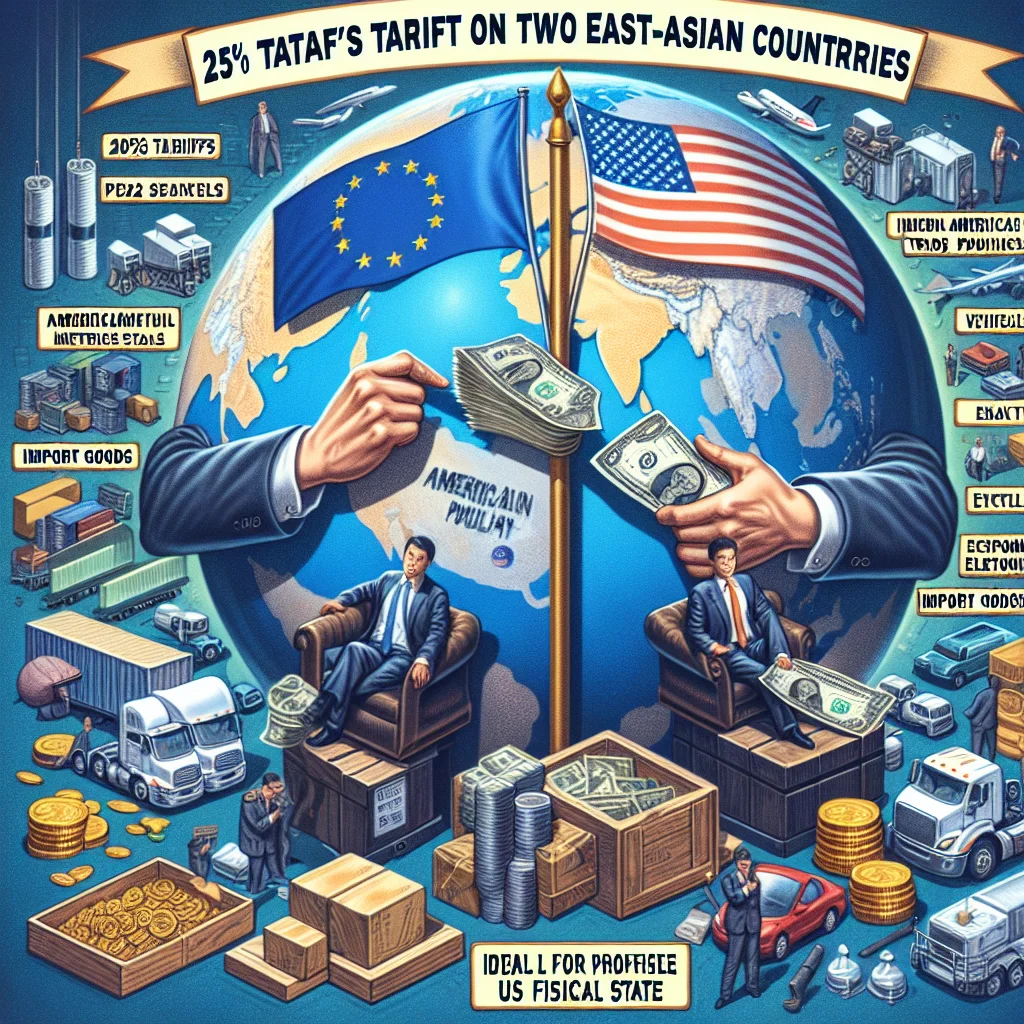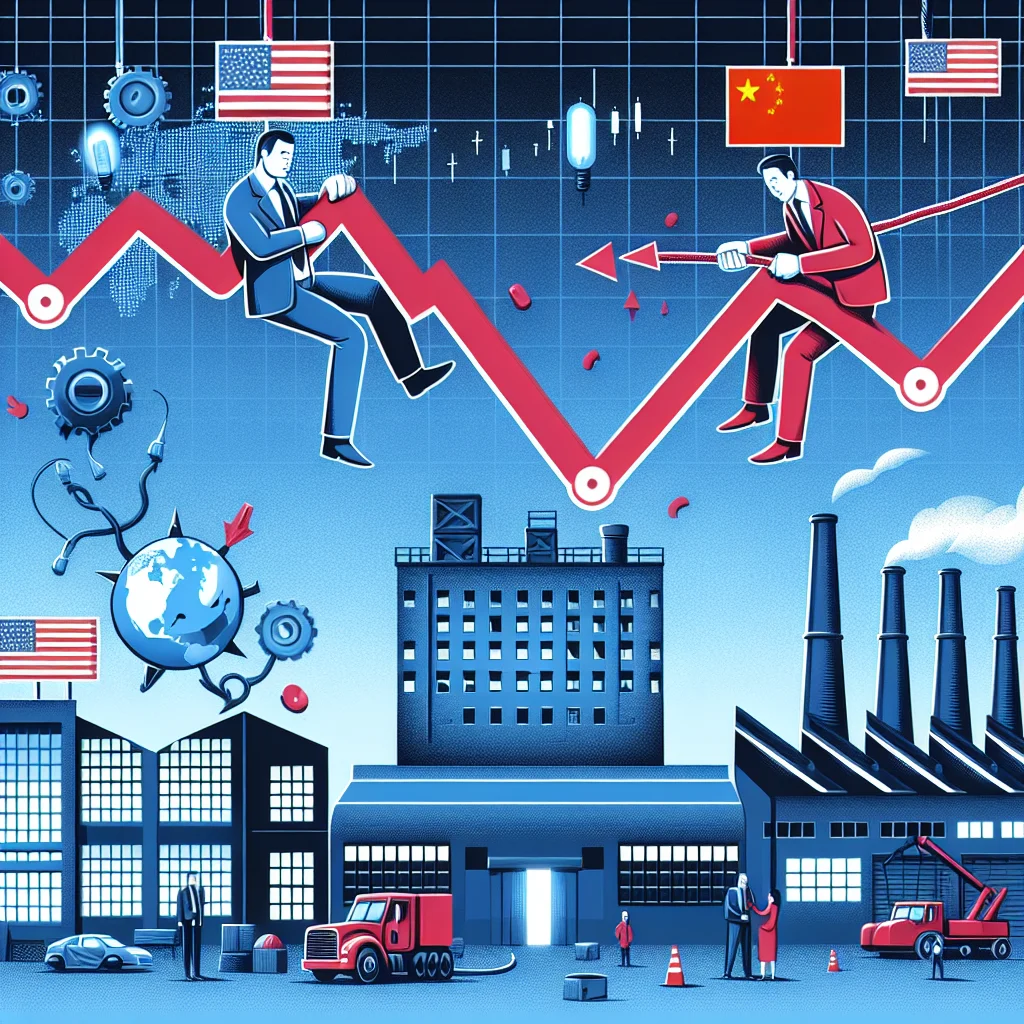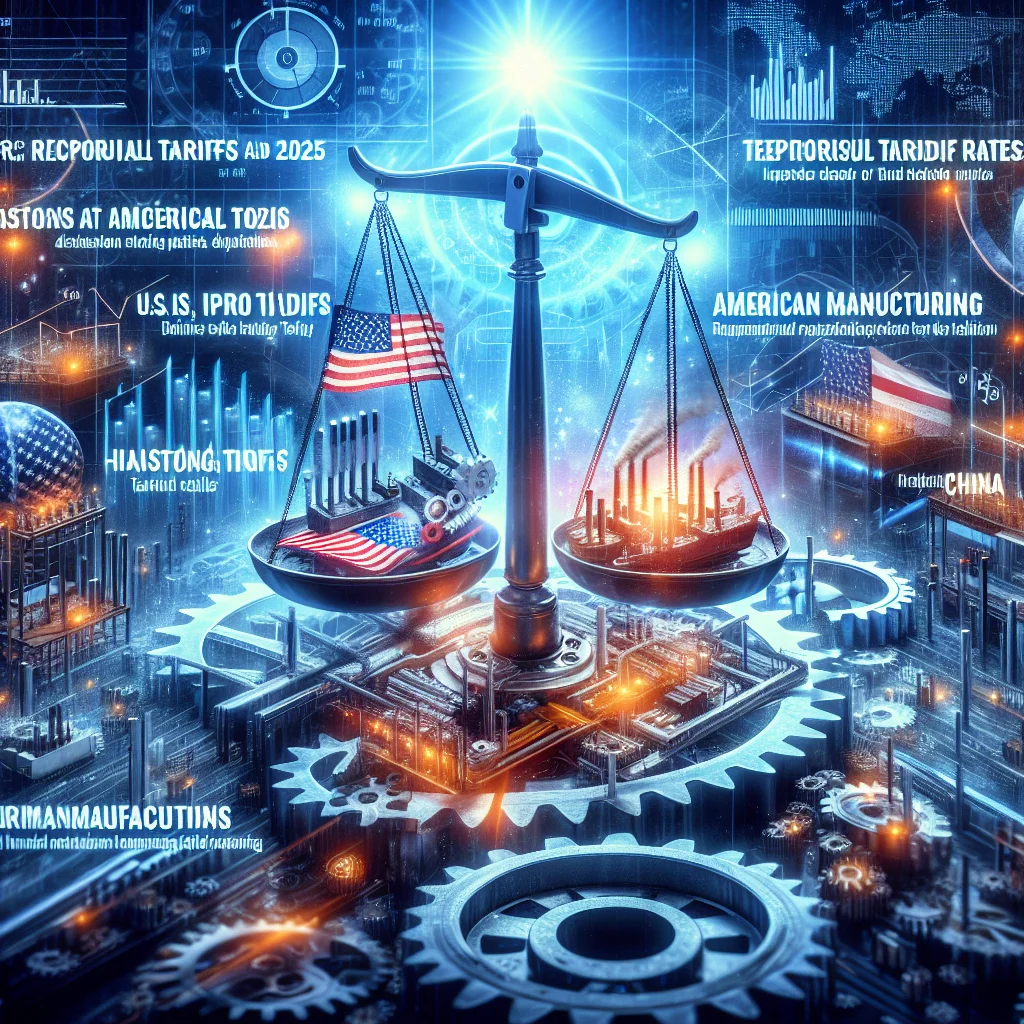
Washington, D.C. – July 7, 2025: President Donald Trump has announced sweeping new tariffs of 25% on a broad range of imports from Japan and South Korea, escalating trade tensions with two of America’s closest allies and economic partners.
Sudden Move Sparks Global Concern
The tariffs, which take effect immediately, target automobiles, electronics, and industrial goods. The White House cited what it described as "unfair trade practices" and persistent trade imbalances as the primary reasons for the action. Administration officials said the move is intended to protect American manufacturing and address longstanding concerns over market access and intellectual property.
The decision follows a series of failed negotiations between U.S. trade representatives and officials from Tokyo and Seoul. Talks over reducing the U.S. trade deficit and improving access for American goods reportedly stalled last month.
Market Reaction and Economic Impact
U.S. stock markets reacted sharply to the announcement. Shares of major automakers and electronics companies, including Toyota, Hyundai, Sony, and Samsung, fell significantly in early trading. Economists warn that the tariffs could disrupt global supply chains, raise consumer prices, and provoke retaliatory measures.
- Automobiles: Japanese and South Korean cars account for nearly 40% of U.S. auto imports.
- Consumer Electronics: Products from Samsung, Sony, and LG are staples in American households.
- Industrial Components: Both countries supply critical parts for U.S. manufacturing.
"These tariffs risk sparking a cycle of retaliation that will hurt American consumers and businesses," said a spokesperson from the U.S. Chamber of Commerce.
International Response
Both Japan and South Korea expressed strong opposition to the tariffs. The Japanese Ministry of Economy, Trade and Industry called the move "deeply regrettable" and signaled it would seek remedies through the World Trade Organization. South Korea’s Ministry of Trade, Industry and Energy announced plans to consider retaliatory tariffs and to consult closely with other affected trading partners.
The European Union also criticized the U.S. decision, warning it could destabilize global trade at a time of fragile economic recovery.
Political Calculations
President Trump’s decision comes amid rising domestic pressure to deliver on campaign promises of protecting American jobs and industries. With the 2026 midterm elections looming, analysts see the tariffs as an effort to bolster support among manufacturing and labor constituencies.
However, several U.S. lawmakers from both parties voiced concerns over the potential for economic fallout and damage to international alliances.
What Happens Next?
Trade experts predict that Japan and South Korea will seek diplomatic solutions but may respond with targeted tariffs of their own. The situation remains fluid, with stakeholders across the globe closely monitoring for further developments.
The new tariffs mark another significant turn in U.S. trade policy, once again putting America’s economic relationships with Asia under the spotlight.














